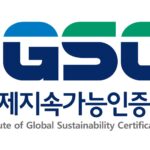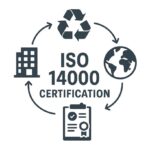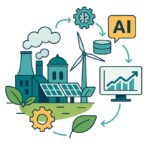
Environmental Impact Assessment (EIA): Mitigating Risks and Promoting Sustainability
conducting comprehensive Environmental Impact Assessments (EIAs) to help businesses and organizations understand and address the potential environmental consequences of their projects.
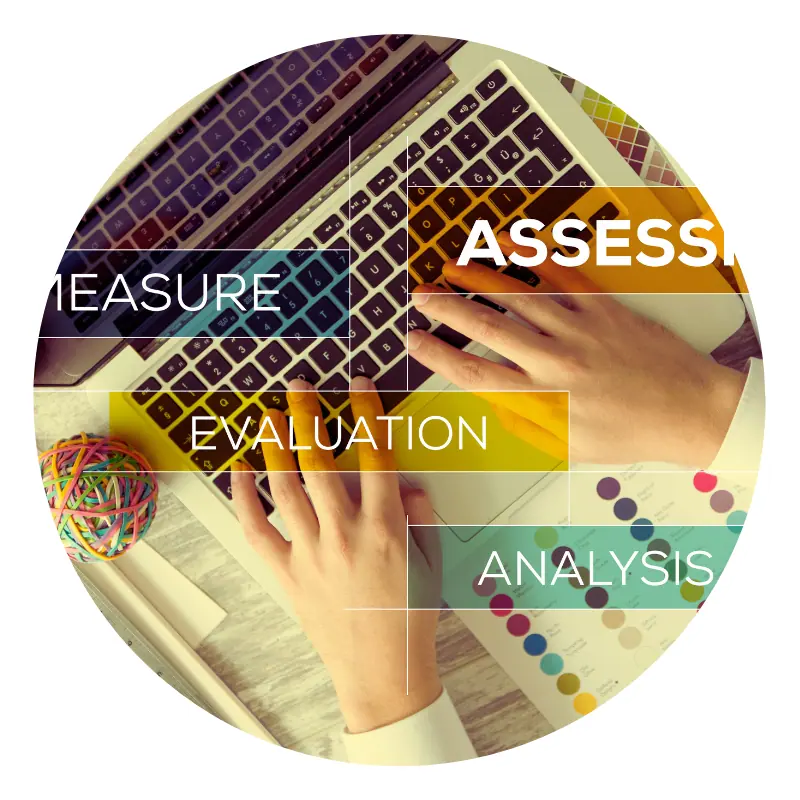
DEISO: Your Partner for Sustainable Environmental Solutions
At DEISO, we specialize in conducting comprehensive Environmental Impact Assessments (EIAs) to help businesses and organizations understand and address the potential environmental consequences of their projects. Our expert team provides tailored solutions to ensure compliance, minimize risks, and contribute to a more sustainable future.
Why Environmental Impact Assessment (EIA) is Important
An EIA is a crucial tool for responsible development. By evaluating the potential environmental impacts of a project, businesses can:
- Identify and mitigate risks: Prevent negative consequences for ecosystems, communities, and the environment.
- Ensure regulatory compliance: Demonstrate adherence to environmental laws and regulations.
- Enhance project viability: Gain public support and avoid delays or legal challenges.
- Improve sustainability: Incorporate environmentally friendly practices into project design and implementation.
EIA vs. Life Cycle Assessment (LCA): Understanding the Differences
While both EIA and LCA assess environmental impacts, they serve distinct purposes:
- EIA: Focuses on the specific environmental effects of a proposed project, considering its location, scale, and potential interactions with the surrounding environment.
- LCA: Examines the environmental impacts of a product or service throughout its entire life cycle, from raw material extraction to disposal.
EIA: A Snapshot of Project-Specific Impacts
EIA focuses on the specific environmental effects of a proposed project, considering its location, scale, and potential interactions with the surrounding environment. It provides a snapshot of the project’s potential impacts during its construction, operation, and decommissioning phases.
Examples:
- Construction of a new highway: An EIA would assess the impacts of the project on air quality, noise pollution, habitat destruction, and water resources in the affected areas.
- Development of a new industrial park: An EIA would evaluate the potential impacts on soil contamination, water pollution, waste generation, and greenhouse gas emissions.
LCA: A Cradle-to-Grave Analysis of Product Impacts
LCA examines the environmental impacts of a product or service throughout its entire life cycle, from raw material extraction to disposal. It provides a comprehensive assessment of the environmental costs and benefits associated with a product, considering factors such as energy consumption, resource use, and waste generation.
Examples:
- Production of a smartphone: An LCA would evaluate the environmental impacts of mining for raw materials, manufacturing components, assembling the device, transporting it to market, and eventually disposing of it.
- Use of renewable energy: An LCA would assess the environmental benefits of using renewable energy sources like solar or wind power compared to traditional fossil fuels, considering factors such as greenhouse gas emissions, land use, and water consumption.
Key Differences
- Scope: EIA focuses on a specific project, while LCA examines the entire life cycle of a product or service.
- Methodology: EIA typically involves a more qualitative assessment, considering factors like public perception and stakeholder engagement. LCA employs a more quantitative approach, using data and modeling tools to calculate environmental impacts.
- Purpose: EIA is primarily used for decision-making related to project approval and mitigation measures. LCA is often used to inform product design, manufacturing processes, and sustainability initiatives.
In summary, EIA and LCA complement each other in providing a comprehensive understanding of environmental impacts. While EIA focuses on project-specific effects, LCA offers a broader perspective on the environmental implications of products and services.
DEISO's Environmental Impact Assessment Services
Our experienced team offers a comprehensive range of EIA services, including:
- Baseline studies: Assessing the existing environmental conditions in the project area.
- Impact prediction: Identifying and evaluating potential environmental effects.
- Mitigation planning: Developing strategies to minimize or avoid negative impacts.
- Monitoring and reporting: Tracking project implementation and reporting on environmental performance.
- Public consultation: Engaging with stakeholders to address concerns and build trust.
Benefits of Working with DEISO
When you choose DEISO for your EIA needs, you can expect:
- Expert guidance: Our team has extensive experience in conducting EIAs across various industries.
- Tailored solutions: We work closely with you to understand your specific requirements and develop customized approaches.
- Timely delivery: Our efficient processes ensure that your EIA is completed on schedule.
- Cost-effective solutions: We strive to provide value-added services while minimizing costs.
- Positive outcomes: By working with DEISO, you can contribute to a more sustainable future.

